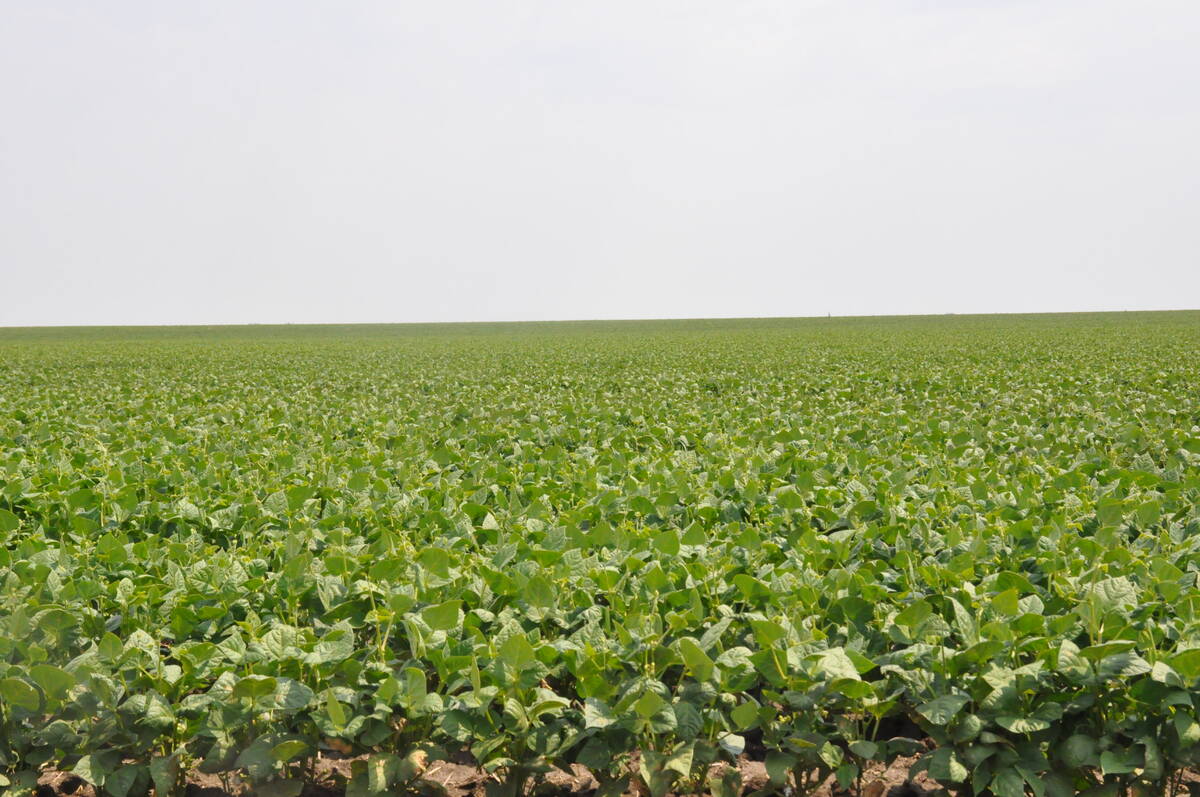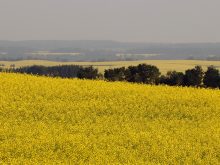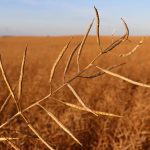Saskatchewan Agriculture has committed $1 million to support companies exporting organic and natural branded products.
The money is being spent on the Saskatchewan Trade and Export Partnership’s nextrade program, which provides export financing for small and medium sized firms.
“The nextrade program is extremely popular,” said agriculture minister Mark Wartman.
“We wanted to ensure that STEP has the resources it needs to continue to meet the demands of the growing organic sector both now and into the future.”
David Grenier, marketing manager for Crown Valley Organics Ltd. in Blaine Lake, Sask., has used the program to export organic feed grain to markets in the United States.
Read Also

Coloured bean production down, whites are up
Bean prices have been slumping and the outlook is for more of the same.
The company uses the service to generate the cash it needs to pay farmers in a timely manner for the peas, oats, rye, wheat, barley, triticale and lentils it ships by rail car into the U.S.
Grenier said Crown Valley does all its export business through STEP’s program. He prefers dealing with nextrade compared to banks and other lenders because the program offers customized and affordable export financing delivered by Saskatchewan people.
“In one phone call you are speaking with someone who is very familiar with our business culture,” he said.
The nextrade program was established in 2004. Agricultural commodities and agriculture’s value-added sector account for more than half of the value of transactions under the program and the organic sector accounts for 90 percent of the agricultural commodities transactions.
“This program allows companies to enter new markets in a sustainable way, while at the same time minimizing risk,” said STEP president Dale Botting.
“We had so much demand for nextrade that our existing capital pool was completely used up. These new funds allow us to address the needs that are still out there.”
Grenier said the timing could not have been better. His company recently completed a large transaction and was disappointed to find out the pool had been drained. One week later he heard it was back in business thanks to the government’s capital injection.
“This really helps us,” he said.
“Within days after they released this $1 million investment we were allowed to draw the money and pay down our farmers.”















